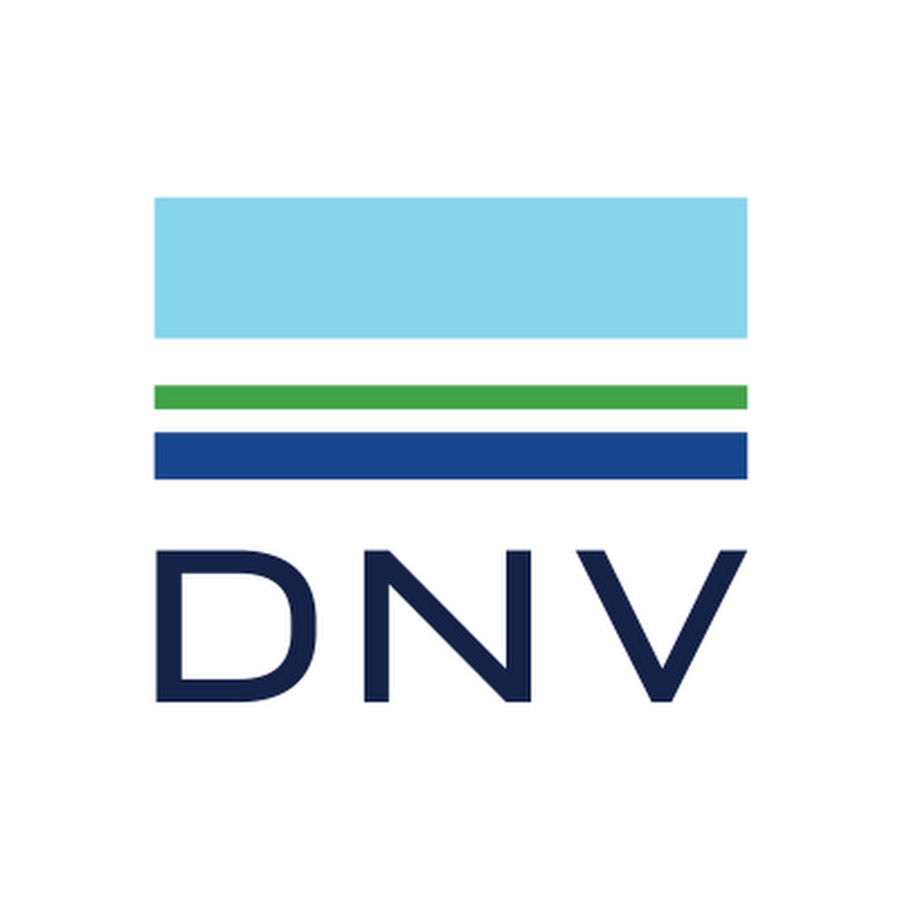Navigating the Regulatory Seas: DNV Paper Outlines Pathway for Ammonia and Hydrogen Ship Approval
Key Ideas
- DNV's new paper offers a structured pathway for shipowners to achieve approval for ammonia- and hydrogen-fuelled ships through IMO's alternative design approval process.
- Understanding ADA phases is crucial, with preliminary design approval entailing hazard identification studies and final design approval involving detailed technical documentation and system integration testing.
- Classification societies like DNV play a key role in supporting ship approval by issuing class certificates and providing prescriptive rule frameworks.
- Safety challenges for hydrogen and ammonia include flammability, toxicity, and storage requirements, with a focus on preventing leaks, ignition, and personnel protection.
As the maritime industry aims for zero-emission operations, ammonia and hydrogen are gaining traction as viable ship fuels due to their carbon-free emissions. A new DNV paper outlines a structured pathway for shipowners to obtain approval for these alternative fuels through IMO's alternative design approval (ADA) process. This involves undertaking seven steps to ensure safety and equivalence to conventional oil-fuelled vessels. The role of classification societies such as DNV and flag administrations is crucial in streamlining the approval process and providing necessary support.
DNV's rules for ammonia and hydrogen fuels offer structured requirements to simplify ADA, providing predictability to stakeholders. Safety measures for handling hydrogen and ammonia focus on preventing leaks, ignition, and ensuring personnel protection. Ship design considerations include robust systems for leak prevention, ventilation, and safe bunkering spaces.
Preparing for safe operations involves updating safety management systems, developing fuel-specific procedures, and enhancing emergency preparedness. Crew competency development is identified as a challenge due to the lack of existing courses for ammonia and hydrogen under the STCW. The paper emphasizes the need for a change in mindset concerning design, operations, and crew competence to safely deploy ammonia and hydrogen fuels in the maritime sector.
Topics
Maritime
Regulations
Alternative Fuels
Maritime Industry
Safety Measures
Safety Training
Classification Societies
Crew Competency
Latest News
